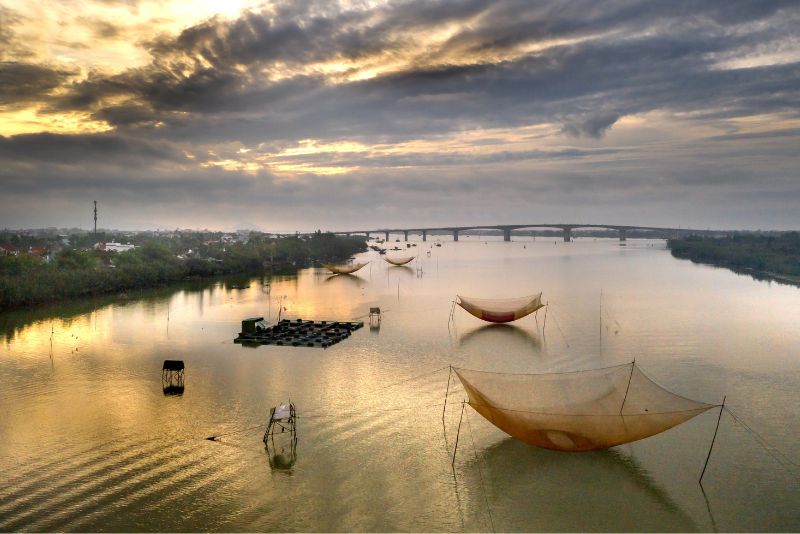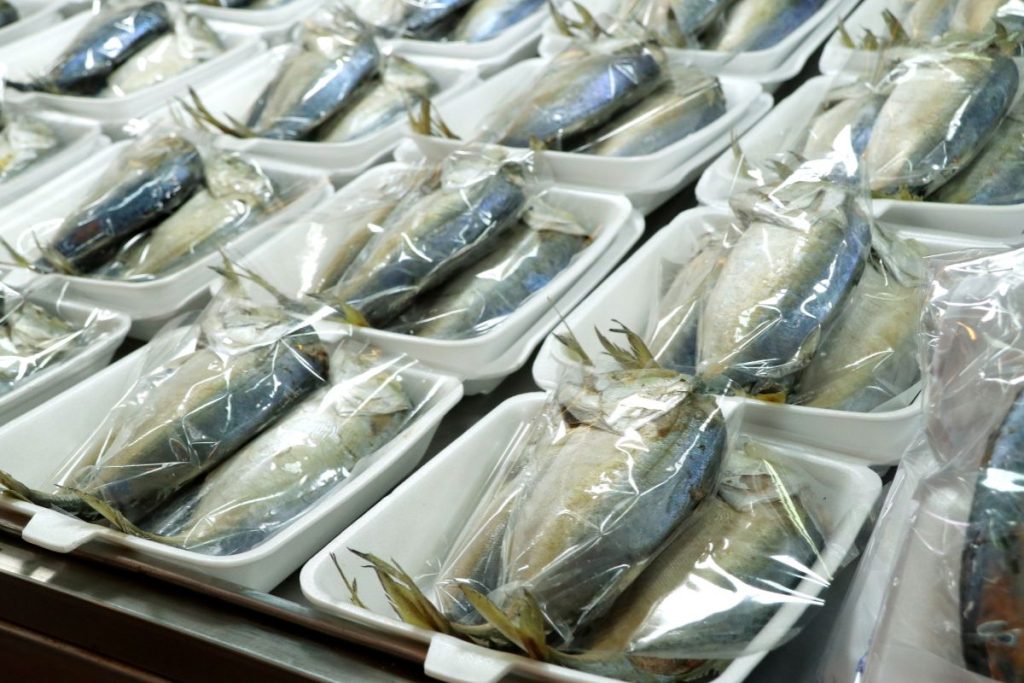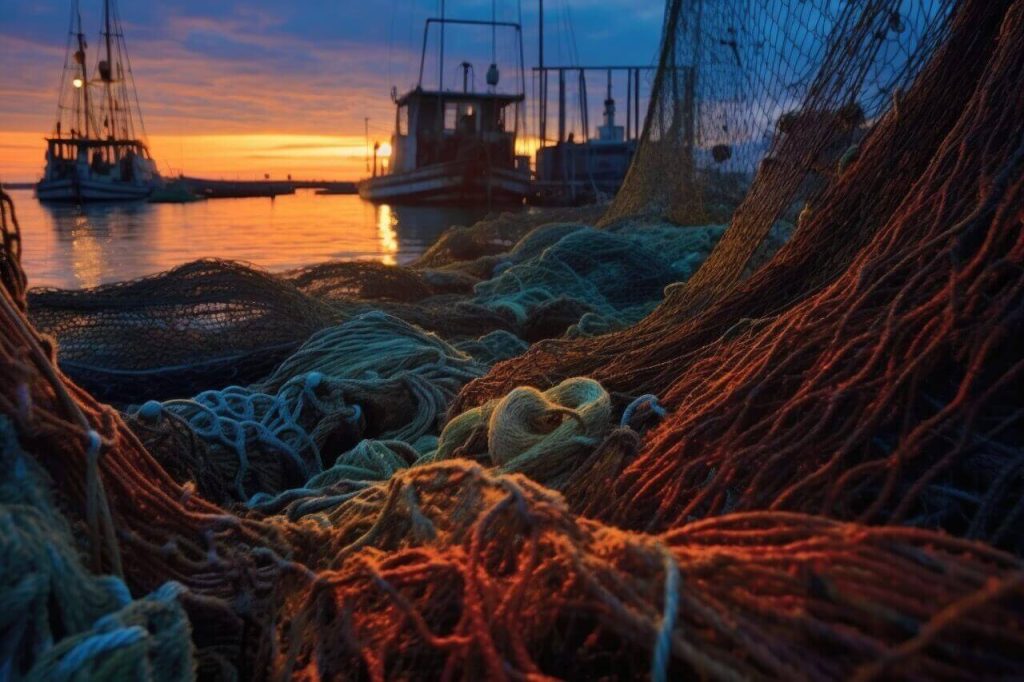For this, sustainable practices and innovations have been established that allow this objective to be achieved. It is important to continue to establish sustainable wild fishing practices to preserve the natural balance of the environment.
Wild caught seafood. Responsible fishing practices.
Sustainability and wild fishing is possible. In order to achieve this, businesses must implement responsible fishing practices and properly manage fishing resources. Some of the current sustainable practices in fishing grounds are the following:
- Sustainable exploitation of fishing resources, avoiding overfishing of the resource.
- Implementation of conservation measures, such as the protection of marine areas and the reduction of accidental fishing.
- Promotion of selective fishing, using fishing gear that minimizes the capture of unwanted species and reduces the impact on the marine ecosystem.
- Implement surveillance and control systems to ensure compliance with regulations and prevent illegal fishing.
Wild fishing sustainable techniques. Sustainable fishing innovations.
There are several sustainable innovations being implemented in fishing grounds to reduce environmental impact and ensure the long-term sustainability of fish stocks, shellfish, and the fishing industry. Some of these innovations are the following:
- Selective Fishing Techniques: These fishing techniques use specialized equipment and tools that allow anglers to catch only certain species of fish and leave others in the water. For example, the use of a pole trawling technique that allows trawling at medium height and not the use of conventional bottom fishing, which destroys everything in its path. This reduces the by-catch of unwanted species and helps maintain biodiversity in the fishing grounds.
- Escape Devices: These devices are attached to fishing nets to allow even small fish and other unwanted species to escape the nets before they are caught. This helps maintain the fish population and prevent the accidental capture of unwanted species.
- Tracking and monitoring technology: Technological advances such as satellites, GPS systems and drones are being used to monitor and track fishing activities in real time. This helps prevent illegal, unreported and unregulated fishing, as well as ensuring that fishing practices are sustainable.
- Sustainable Aquaculture Practices: Aquaculture is a way of farming fish and shellfish in controlled environments rather than harvesting them from natural fishing grounds. Sustainable aquaculture practices focus on reducing the environmental impact of fish and shellfish production and can include using sustainable feed, eliminating waste, and reducing the use of chemicals and antibiotics.
- Sustainable Regulations and Policies: Governments and international organizations are implementing sustainable regulations and policies to protect fishing grounds and ensure the sustainability of the fishing industry. These policies may include catch limits, biodiversity protection zones, and sustainable fishing standards.
Sustainable wild caught seafood with Krustagroup
Sustainability in wild fishing not only benefits fishing resources and the marine ecosystem, but also guarantees the continuity of the fishing activity and the food security of final consumers.
At Krustagroup we believe that excellent seafood quality and sustainability can go hand in hand. For this reason, we focus on innovation and implementation of responsible and sustainable measures in our processing. In this way we can contribute to the future availability of fishing resources such as shellfish.
In recognition of our sustainable practices, we have been recognized by the Marine Stewardship Council (MSC) seal. An international standard granted to companies that carry out wild catches of fish or shellfish applying sustainable actions.





